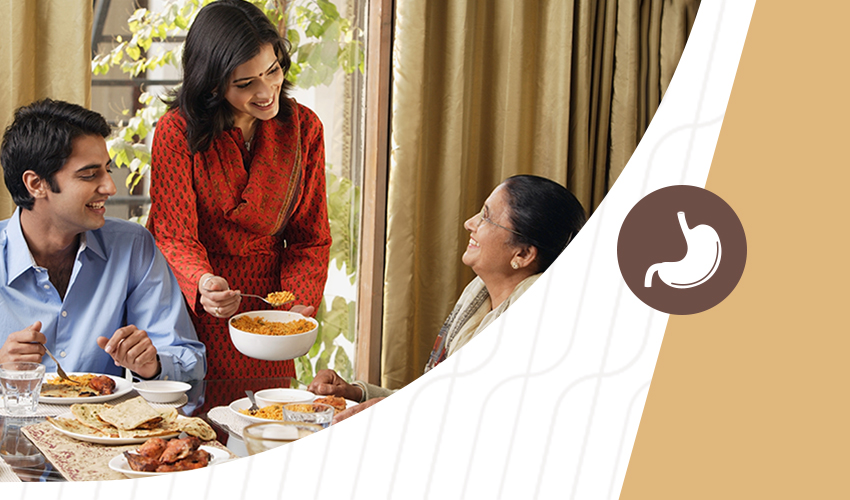- Our Doctors
- Our Specialities
Centres of Excellence
-
 Centre for Blood Diseases, BMT & Cancer Immunotherapy
Centre for Blood Diseases, BMT & Cancer Immunotherapy -
 Centre for Bone, Joint & Spine
Centre for Bone, Joint & Spine -
 Centre for Critical Care Medicine and ECMO Services
Centre for Critical Care Medicine and ECMO Services -
 Centre for Gastrosciences
Centre for Gastrosciences -
 Centre for Heart & Vascular Care
Centre for Heart & Vascular Care -
 Centre for Nephro-Urosciences
Centre for Nephro-Urosciences -
 Centre for Neurosciences
Centre for Neurosciences -
 Centre for Obstetrics and Gynaecology
Centre for Obstetrics and Gynaecology -
 Centre for Organ Transplantation
Centre for Organ Transplantation
Super Speciality
-
 Advanced Diagnostic and Interventional Radiology
Advanced Diagnostic and Interventional Radiology -
 Anesthesiology & Pain Management
Anesthesiology & Pain Management -
 Clinical Nutrition and Dietetics
Clinical Nutrition and Dietetics -
 Dental and Maxillofacial Surgery
Dental and Maxillofacial Surgery -
 Dermatology
Dermatology -
 Emergency and Trauma
Emergency and Trauma -
 Endocrinology and Metabolic Disease
Endocrinology and Metabolic Disease -
 ENT and Head & Neck Surgery
ENT and Head & Neck Surgery -
 Family Medicine
Family Medicine -
 General and Laparoscopic Surgery
General and Laparoscopic Surgery -
 General Medicine
General Medicine -
 GI Onco Surgery
GI Onco Surgery -
 GI Oncology
GI Oncology -
 GI Surgery, Advanced Laparoscopy and Gastro Oncosurgery
GI Surgery, Advanced Laparoscopy and Gastro Oncosurgery
-
- Key Procedures
- Our Hospitals
- International Patient
- Contact us
-
Quick Links


Inflammatory bowel disease
Inflammatory Bowel Disease (IBD) is a chronic condition that affects the digestive system. It primarily includes two main forms: Crohn's disease and ulcerative colitis. Both conditions cause inflammation in the intestines, leading to various uncomfortable symptoms and potential complications.
Common Symptoms:
- Abdominal pain and cramping: Persistent pain or cramps in the stomach area.
- Diarrhea: Frequent loose stools, sometimes containing blood.
- Rectal bleeding: Blood in the stool or when wiping after a bowel movement.
- Fatigue: Feeling tired and lacking energy on a regular basis.
- Unintentional weight loss: Losing weight without trying or experiencing a reduced appetite.
- Reduced appetite: Losing interest in food or experiencing a decreased appetite.
- Nausea and vomiting: Feeling sick to your stomach and occasionally vomiting.
- Joint pain: Inflammation can affect the joints, causing pain and stiffness.
Causes:
- Genetics
- Overactive immune system
- Environmental triggers
- Lifestyle factors such as stress, diet, smoking can also impact the severity of symptoms
Treatments
Meet Our Doctors
Frequently Asked Questions
Does IBD only affect older adults?
No, IBD can affect people of any age, including children and older adults. While it is more commonly diagnosed in young adults, it's important to be aware of the symptoms and seek medical attention regardless of age.
How is Inflammatory Bowel Disease (IBD) diagnosed?
Diagnosis of IBD involves a combination of medical history evaluation, physical examination, laboratory tests, imaging studies, and endoscopic procedures. Your healthcare provider will consider your symptoms, perform blood tests, stool tests, imaging scans (such as X-rays, CT scans, or MRIs), and may recommend a colonoscopy or an upper endoscopy with biopsies to examine the intestines and confirm the presence of IBD.
Is surgery the only treatment option for IBD?
No, surgery is not the only treatment for IBD. Many individuals with IBD can effectively manage their symptoms and achieve remission through a combination of medications, lifestyle modifications, and sometimes nutritional therapy. Surgery is typically considered when other treatments have not been successful or in specific cases where it is necessary.

 +91 9393 108 108
+91 9393 108 108


















































